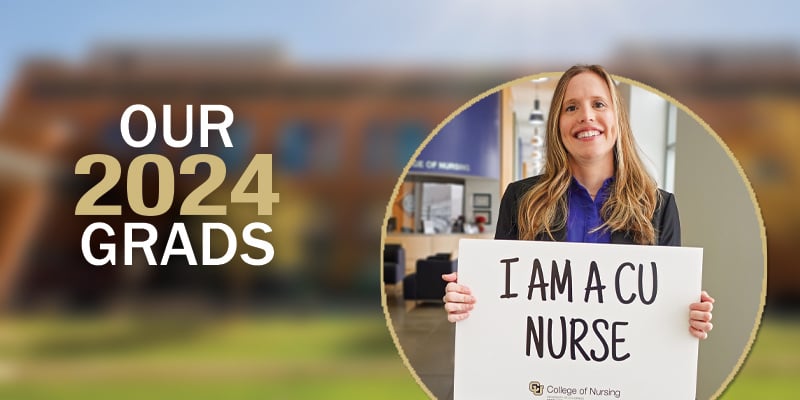In a world where healthcare increasingly lives at the intersection of human touch and digital innovation, veteran nurse Vanessa Sloan saw the future coming.
After 17 years of providing direct patient care, she recognized a crucial turning point in her profession: technology wasn't just an addition to nursing—it was becoming its backbone.
"I could see the future of nursing was changing and technology was at the forefront of healthcare," Sloan reflects, her words carrying the weight of countless hours spent navigating between patient needs and digital systems.
Finding Purpose in the Pandemic
The COVID-19 pandemic served as a catalyst for Sloan's professional evolution.
While working in the urology department at Kaiser Permanente, she encountered a unique opportunity: collaborating with the informatics department to develop a new protocol for bladder cancer patients.
This experience became her “a ha” moment. It opened her eyes to a different way of serving patients—one that could multiply her impact far beyond the bedside.
"I really enjoyed that, and I felt like I was able to make a huge impact," she says. "Not only am I helping patients, but I'm helping nurses. I'm making it easier for them to get their work done."
The Bridge Between Technology and Care
Sloan's journey led her to pursue a Master of Science in Nursing degree specializing in Health Care Informatics at the University of Colorado College of Nursing at Anschutz Medical Campus, a program known for its excellence in the field.
Her transition from bedside nurse to informatics specialist represents a growing trend in healthcare: the need for professionals who can speak both languages—the compassionate vocabulary of patient care and the precise syntax of technology.
One of Sloan's notable achievements illustrates this dual expertise she has mastered. She developed a 'best practice advisory' system for asthma patients at Kaiser—a digital guardian that prompts nurses to review medical records before administering shots. It's a simple yet powerful example of how technology can enhance rather than replace human judgment in healthcare.
"A lot of people don't realize what an informaticist does, but a lot of it is stuff nurses are already doing. It's just more involved," Sloan explains. "We're the translator between IT and nursing, so we're helping explain what our nurses need to make our jobs better and allow our patients to have better outcomes."
The Hidden Advantage
Perhaps most surprisingly, Sloan discovered that her years of hands-on nursing experience weren't just relevant to her new role—they were crucial. "
"The experience we gain as nurses is a gift," she emphasizes. "Nurses may not think they're good at technology and are more people-focused, but we work with electronic medical or health records every day, so they know more than they realize."
Looking to the Future
As healthcare faces continuing challenges, including nursing shortages and increasing technological complexity, professionals like Sloan represent a new breed of healthcare innovator. They're using their frontline experience to shape systems that work better for everyone—patients, nurses, and healthcare organizations alike.
"Being a nurse has really given me a lot of satisfaction, and I think becoming an informatics nurse specialist will give me even more satisfaction, just in a different way," Sloan reflects.
Her words echo a larger truth about modern healthcare: sometimes the most powerful way to care for patients is by improving the systems that serve them.



